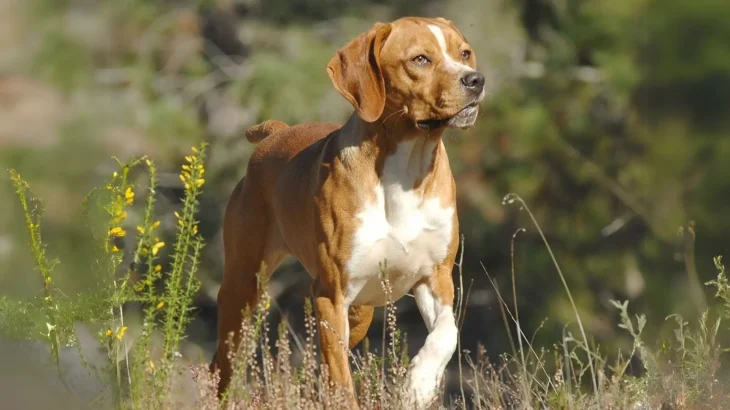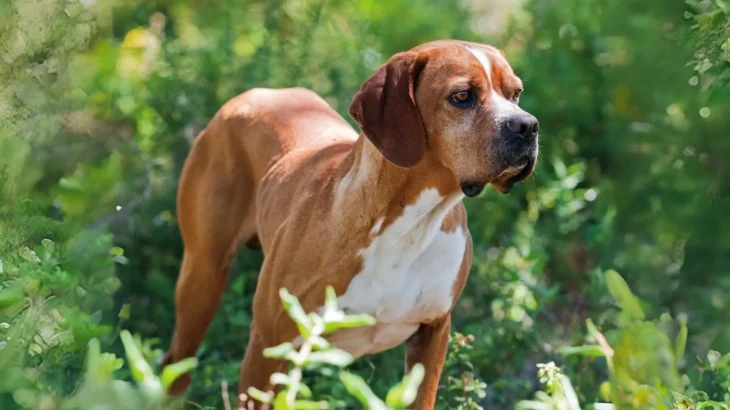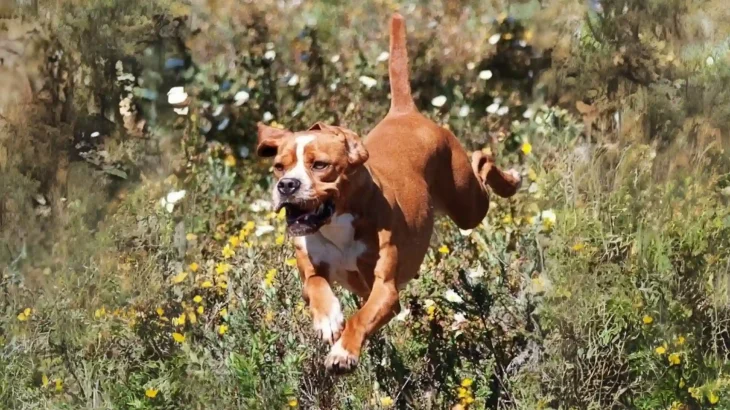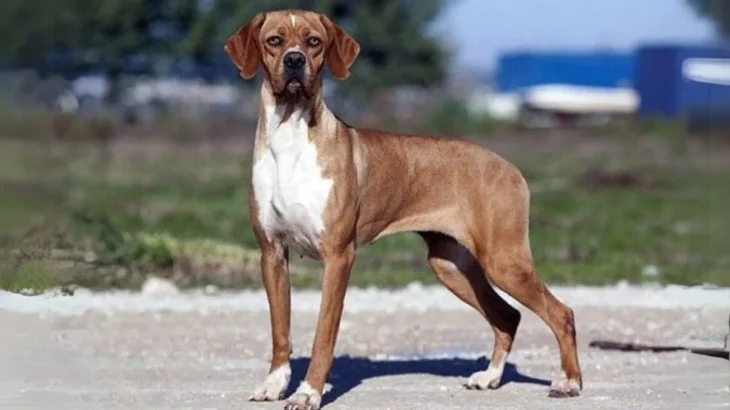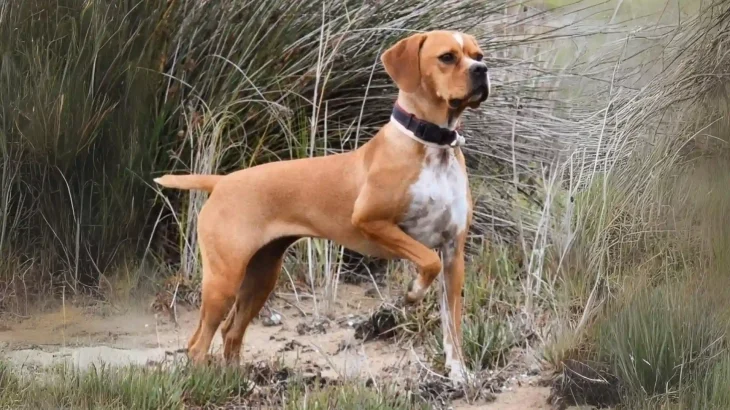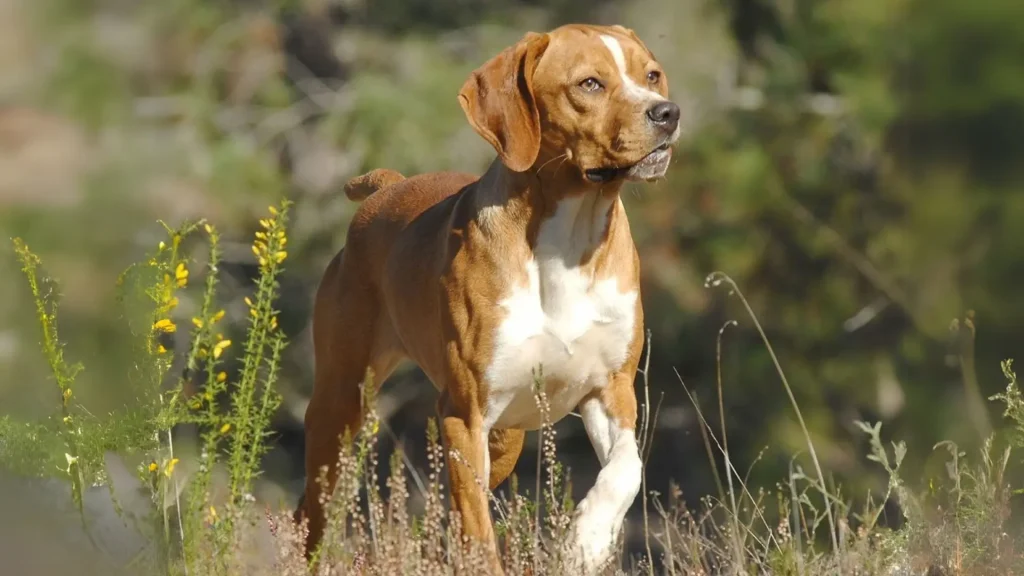Deciding whether to adopt or purchase a Portuguese Pointer puppy involves weighing the certainty and background knowledge you get from buying against the chance to provide a home to a dog in need through adoption. Each choice offers distinct benefits and challenges, especially when considering factors like health history and ethical implications specific to this breed.
Adoption vs. Breeder: Pros & Cons
| Criteria | Buying from Breeder | Adopting from Shelter/Rescue |
|---|---|---|
| Cost | Higher upfront cost due to purebred status and breeder expenses. | Generally lower adoption fees, often including initial vet care. |
| Health History | Comprehensive health records and genetic screening usually available. | Health background might be incomplete; shelters conduct basic assessments. |
| Age Availability | Mostly young puppies, allowing early bonding and training. | Wider range of ages, including adults ready for immediate adoption. |
| Temperament Insight | Breeders can provide detailed lineage temperaments and behavior traits. | Temperament observed in shelter settings but full history might be unknown. |
| Supporting Practices | Supports responsible breeding programs when choosing ethical breeders. | Contributes to animal welfare by rescuing a dog in need of a home. |
| Risk of Genetic Disorders | Potentially lower if breeder conducts health testing and screening. | Variable risk; unknown genetic background but individual health is assessed. |

